Lecturers
-

Wuge Briscoe (professor, PhD)
School of Chemistry, University of Bristol
-

Andreas Fery (professor, PhD)
Leibniz Institut für Polymerforschung Dresden e.V. Institute for Physical Chemistry and Polymer Physics and Technical University Dresden
-
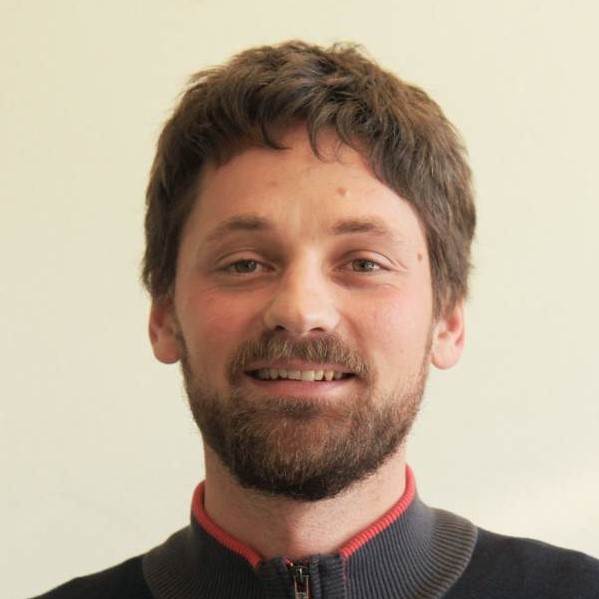
Gregor Trefalt (senior lecturer, PhD)
Department of Inorganic and Analytical Chemistry, University of Geneva
Gregor Trefalt is a senior lecturer in the Department of Analytical and Inorganic Chemistry at the University of Geneva. He finished his Ph.D. in 2012 at the Jožef Stefan Institute in Ljubljana, Slovenia. After, he moved to University of Geneva as a postdoctoral researcher and was promoted to his current position in 2015. His research focuses on colloidal interactions and particle aggregation in aqueous solutions and other polar and non-polar media. Subsequently, he moved to the University of Geneva, where he first worked as a postdoctoral research associate and was then promoted to his current position. His research focuses on colloidal interactions and particle aggregation in aqueous solutions, ionic liquids, and nonpolar media.
-
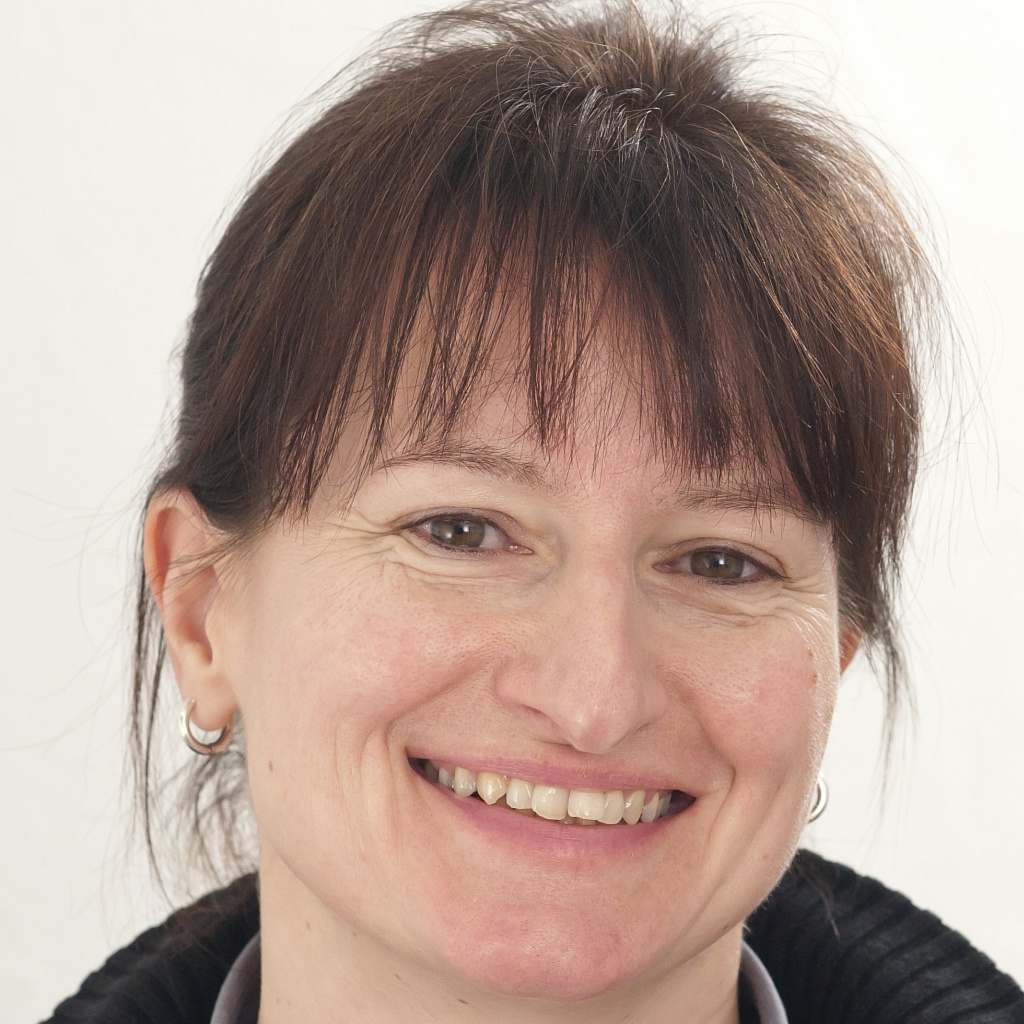
Regine von Klitzing (professor, PhD)
Division of Soft Matter at Interfaces, Department of Physics, TU Darmstadt
Regine von Klitzing studied Physics at the Technical University Braunschweig and at the University of Göttingen, Germany. She received her PhD in 1996 from Mainz University, Germany. After her Post-doc (1996-1997) at the Centre de Recherche Paul Pascal (CRPP/CNRS) in Pessac/Bordeaux, France, she was working as an assistant professor at the Technical University (TU) Berlin, Germany, and got her habilitation in 2003. In 2004 Regine von Klitzing was a group leader at the Max Planck Institute for Colloids and Interfaces (MPI-KG) in Postdam, Germany. From 2004 to 2006 she was an associate professor for Physical Chemistry at the Chemistry department of the Christian Albrechts University in Kiel, Germany, and in 2006 she became associate professor at the TU Berlin and in 2010 she became full professor for Physical Chemistry (chair). Since March 2017 Regine von Klitzing is full professor at the Physics department of the TU Darmstadt. There, she built up a new institute for Soft Matter.
Her research interests address interfacial phenomena in Soft Matter, especially of stimuli responsive polymer coatings, foams and emulsions. The work covers the full area from synthesis of polymer systems, via the design of novel hybrid systems and their characterization with complex methods to the development of new sample environments for large facilities. Her main expertise is on AFM and scattering methods (neutron, x-ray, light).
Regine v. Klitzing is excited about working in the interdisciplinary field of Physics, Chemistry, Chemical Engineering and Material Science.
-
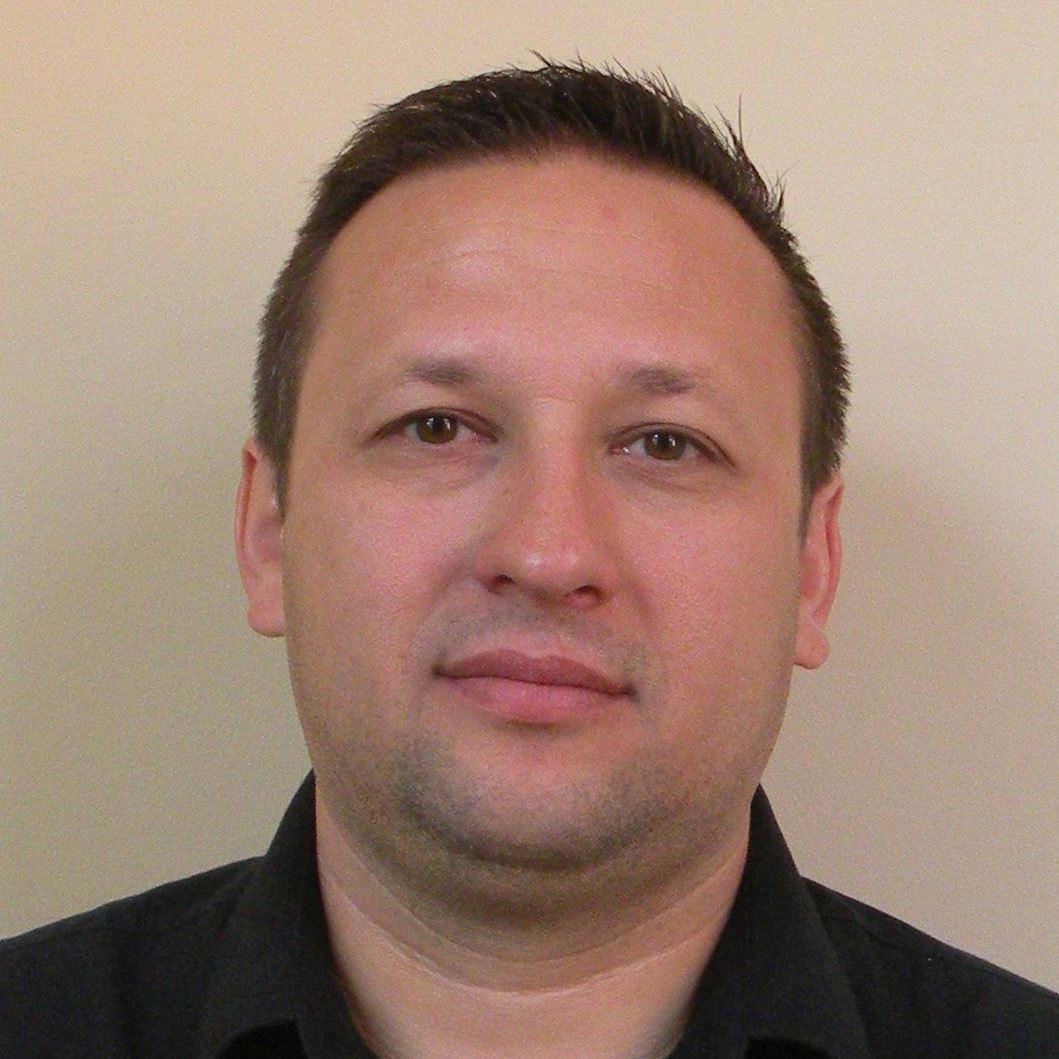
István Szilágyi (asssistant professor, PhD)
Department of Physical Chemistry and Materials Science, Faculty of Science and Informatics, University of Szeged
István Szilágyi obtained his PhD in chemistry at the University of Szeged in 2006. After holding postdoctoral positions in Australia and Switzerland, he was appointed as senior lecturer at the University of Geneva in 2009. He returned to University of Szeged in 2018, where he is an Assistant Professor and Leader of the Biocolloids Research Group of the Hungarian Academy of Sciences. His research focuses on synthesis, characterization and application of novel hybrid materials composed of inorganic nanoparticles, biocatalysts and polymers. For more info, visit http://www2.sci.u-szeged.hu/physchem/bioc/index.html
-
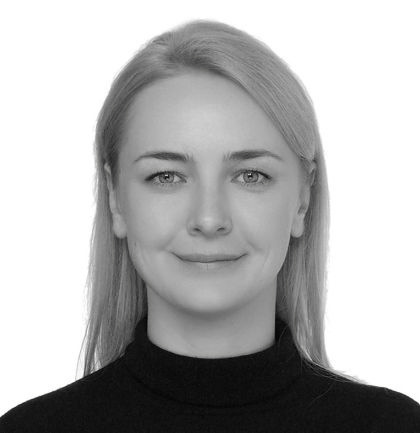
Katsiaryna Skorb (professor, PhD)
Infochemistry Scientific Center of ITMO University, St. Petersburg
Ekaterina V. Skorb received her Ph.D with “summa cum laude” in physical chemistry (2008). Subsequently, she was a postdoc at the Max Planck Institute of Colloids and Interfaces (MPIKG, Germany) with Prof. Helmuth Möhwald. From 2013 she has been working in Biomaterials Department with Prof. Peter Fratzl (MPIKG, Germany) as a group leader. She was a Visiting Scholar at Chemistry and Chemical Biology Department (Harvard, USA) in Prof. George Whitesides group (2016-2017). Ekaterina has authored more than 90 (July 2020) research papers and received various fellowships (e.g. AvH, DAAD, LG Chem, L’Oréal-UNESCO, etc.). From 2017 she is a professor at ITMO University. From 2019 she is a Director of Infochemistry Scientific Center (ISC) of ITMO University.
Her current research interests are spatiotemporal regulation of ion concentration gradients and dynamically molecules (supramolecular assemblies, polyelectrolytes) ordering, photocatalysis, high energy chemistry for material synthesis, and “information processing” in chemistry. -

Marité Cardenas (professor, PhD)
Biomedical Science, Malmö University
-
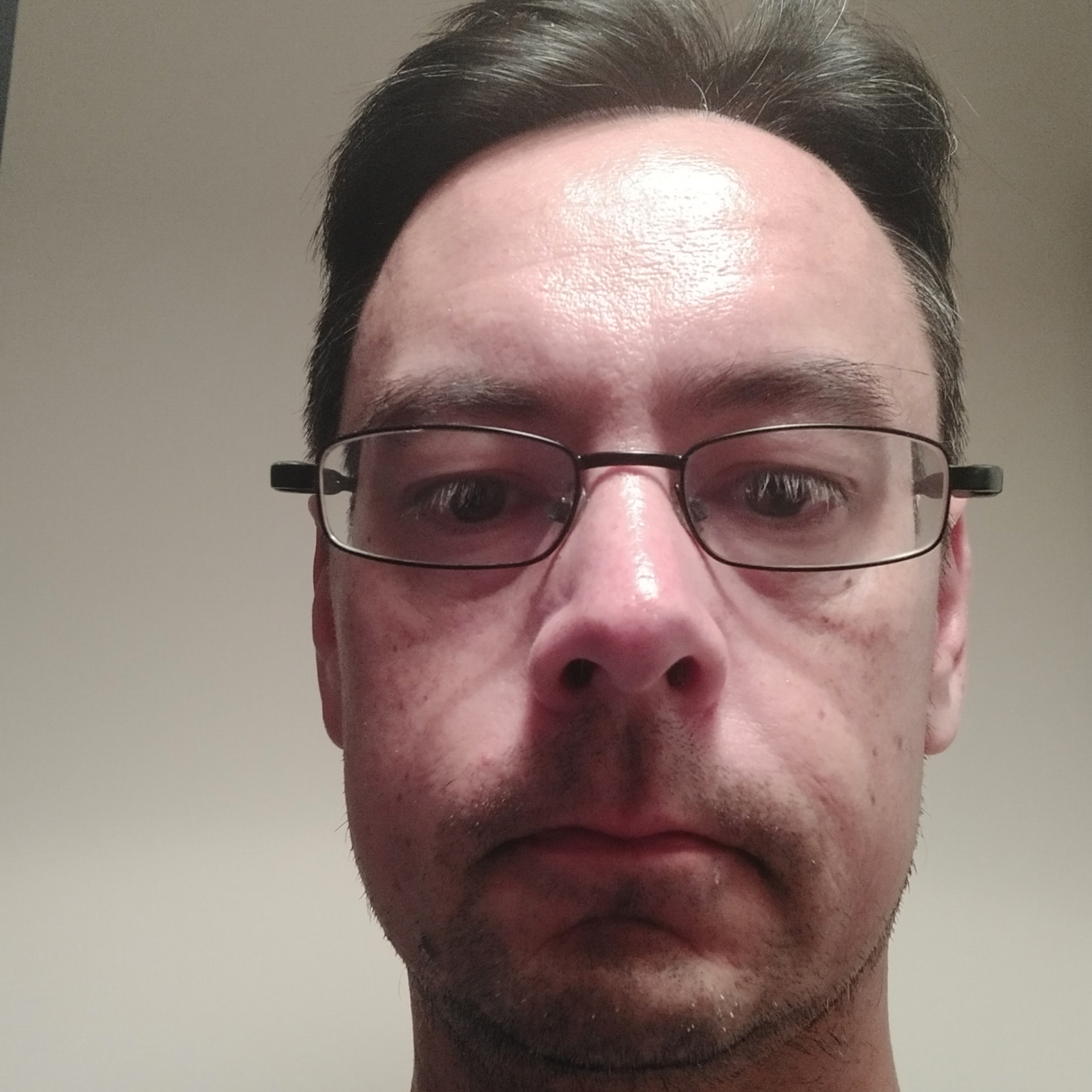
David Cheung (Lecturer, PhD)
School of Chemistry, National University of Ireland Galway
David Cheung is a lecturer in Biophysical Chemistry in the School of Chemistry at NUI Galway. His research focuses on using molecular dynamics simulations to investigate biomolecular structure and function, in particular their surface and interfacial behaviour. Currently the main themes of his research are on understanding protein structure and aggregation on surfaces and interfaces and investigation of biointerfaces and biosurfaces, such as biomolecular brushes.
-
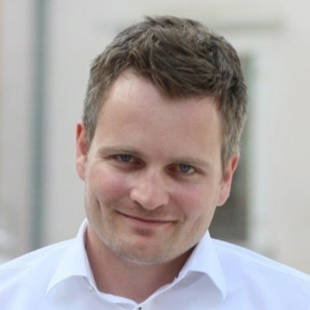
Matjaž Finšgar (associate professor, PhD)
Faculty of Chemistry and Chemical Engineering, University of Maribor
Professional Career:
2006 – 2010: Junior Researcher at Jožef Stefan Institute; Ljubljana, Slovenia;
2015 – University professor at the University of Maribor;
2015 – Head of the Laboratory of Analytical Chemistry and Industrial Analysis;
2015 – Member of the Faculty senate;
2018 – Member of the University senate for the chemistry discipline;
2019 – Associate Professor at the University of Maribor;
2019 – Vice dean of strategic development, Faculty of Chemistry and Chemical Engineering, University of Maribor, Slovenia.Scientific interests:
Analytical Chemistry, Electrochemistry, Corrosion, Corrosion Inhibitors, High Temperature Corrosion, Electroanalytical Techniques, Potentiometry, Surface Analysis of Metallic Materials, X-Ray Photoelectron Spectroscopy, Time-of-Flight Secondary Ion Mass Spectrometry, Electrochemical Quartz Crystal Microbalance Technique, Chemometrics, Chromatography
-

Francesca Ravera (senior researcher, PhD)
CNR – Consiglio Nazionale delle Ricerche – ICMATE – Institute of Condensed Matter Chemistry and Energy Technologies, Genoa
-

Rupert Kargl (assistant professor, PhD)
Institute for Chemistry and Technology of Biobased Systems, TU Graz
-
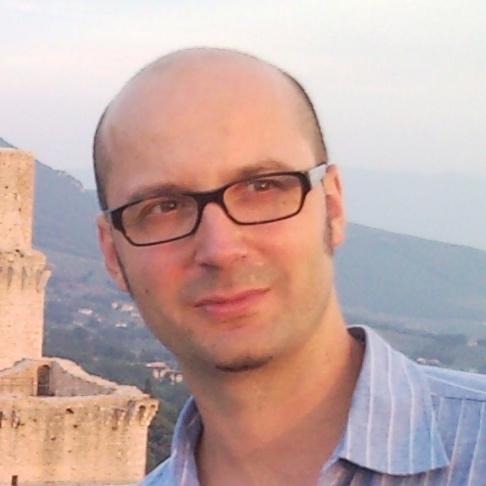
Duško Čakara (assistant professor, PhD)
Department of biotechnology and Center for micro- and nanosciences, University of Rijeka
Duško Čakara finished his MSc in chemistry in 1999 at the Faculty of Science, University of Zagreb. In 2004 he received the PhD title at the University of Geneva under supervision of professor Michal Borkovec, whose group he joined in 2000 at Clarkson University. After working as postdoc at ESPCI in Paris and Schering GmbH (now Bayer Healthcare), and as visiting scientist at Universities of Maribor and Graz (KFU), in 2011 he became assistant professor at the Department of Biotechnology, University of Rijeka, where he teaches the courses of Physical chemistry and Colloids.
Duško’s research involves charging processes at surfaces of colloidal particles and polyelectrolytes, as well as ion-to-electron processes at thin films of organic (semi)conductors. He is the head of the Laboratory for Colloids, Polyelectrolytes and Interfaces at the Centre for Micro- and Nanosciences and Technologies (NANORI) of the University of Rijeka, which hosts several unique techniques such as the spectroscopic imaging ellipsometry coupled with a potentiostat for electrochemical measurements, and the potentiometric titrator with ionic strength control. The laboratory is equipped with several other instruments for standard measurements in colloid and interface science and electronics, such as the four probe conductivity measurement, contact angle camera, zetasizer and isothermal titration calorimetry.
If you have interest in any of the mentioned topics or techniques, do not hesitate to contact Duško at dcakara(at)uniri.hr
